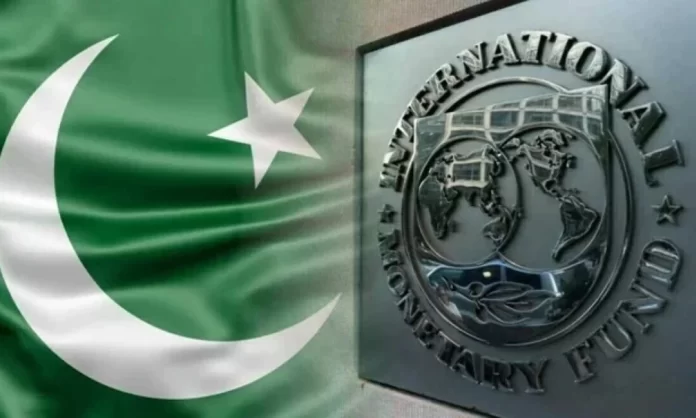The International Monetary Fund (IMF) has revised Pakistan’s growth forecast for fiscal year 2025 to 2.6%, a decrease of 0.6 percentage points from its earlier projection in October. The IMF attributed this downward revision to weaker economic activity in the first half of the fiscal year and heightened trade uncertainty, which more than offset the expected positive effects of monetary easing in the latter half of the year.
In its latest “Regional Development and Economic Outlook” report, the IMF projected a growth rate of 2.6% for Pakistan in FY2025, with a slightly higher forecast of 3.6% for FY2026, up from 2.5% in FY2024. The report also indicated that inflation is expected to continue easing, following global trends, with factors such as lower commodity prices and the effects of tighter monetary policies contributing to this decline.
However, the IMF highlighted a divergence in growth trends within the Middle East and North Africa (MENA) region, where oil-exporting countries have managed to adapt to global challenges, while oil-importing economies, including Pakistan, have faced growth pressures. In 2024, oil-exporting countries were able to navigate economic uncertainties, despite extended OPEC+ production cuts. On the other hand, Pakistan, along with other MENA oil-importing countries, has struggled with the ongoing geopolitical risks and global trade uncertainties that have slowed economic recovery.
The IMF also pointed out that while economic activity in the MENA region and Pakistan is expected to strengthen, it will occur at a slower pace than originally anticipated. The challenges of trade policy uncertainty, the slow resumption of oil production, and unresolved regional conflicts are expected to weigh on growth prospects. Additionally, Pakistan’s elevated debt levels and fiscal constraints remain a major challenge, with interest rates likely to remain high for an extended period.
Fiscal consolidation efforts are expected to continue at a gradual pace, but the IMF warned that countries with high debt, including Pakistan, will need to accelerate these efforts. This includes reducing subsidies and improving tax collection to stabilise public finances. Despite these challenges, the report noted that Pakistan has seen some improvements in fiscal positions due to successful tax reforms and reduced subsidies.
The IMF also discussed the impact of recent tariff changes in the MENA and Caucasus regions, including Pakistan, where tariffs were set between 20 and 40 percent for certain countries. However, the overall impact on Pakistan’s economy is expected to be relatively small, though it could be more significant due to the country’s substantial exports to the United States.
In terms of sectoral performance, Pakistan has benefitted from stronger agricultural production, particularly following the 2023 floods, and a recovery in economic activities. While fiscal challenges persist, including rising interest expenses, the IMF highlighted the need for continued efforts to improve economic stability and growth prospects in the face of global uncertainties.




